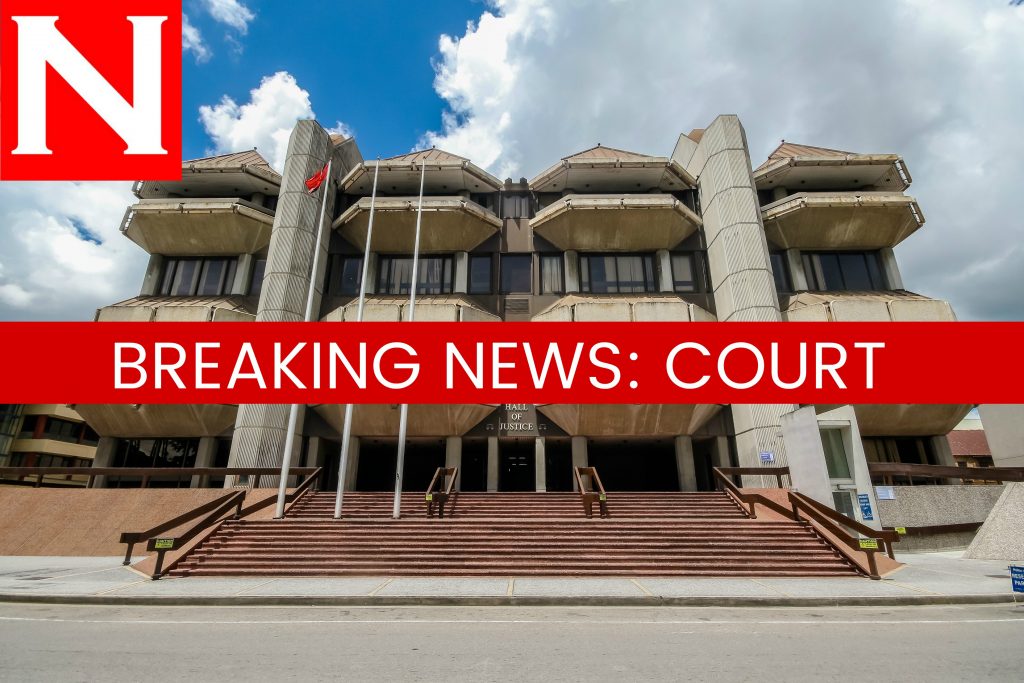CCJ reserves ruling in law student's lawsuit

THE Caribbean Court of Justice (CCJ) has reserved its ruling on two applications by the Council of Legal Education (CLE) and Caricom to dismiss the legal challenge by a Trinidadian law student to the quota system which limits the number of law students with non-University of the West Indies (UWI) law degrees (external degrees) admitted into regional law schools.
The hearing of Jason Jones’ application took place at the CCJ on Henry Street, Port of Spain, on Monday.
He was represented by Dr Emir Crowne and Matthew Gayle, while the CLE was represented by Dr Lloyd Barnett, QC, president of the Law Association (LATT) Darrell Allahar and Michael Quamina.
Jones’ lawsuit at the CCJ is against the CLE and two regional bodies, the Council for Human and Social Development (COHSOD) and the Council for Trade and Economic Development (COTED), of Caricom. It has invoked the CCJ’s original jurisdiction.
In that original jurisdiction, to which TT is a signatory, the CCJ functions as an international tribunal interpreting the treaty that governs the regional bloc.
At the hearing, CLE’s lawyers questioned the CCJ’s jurisdiction to hear the matter, while the lawyers for the Caricom bodies also argued that the Caribbean court could not entertain a claim against the council.
The lawyers further question if acts or omissions by the CLE could be attributable to Caricom. The membership of the CLE includes attorneys general of all Caricom states.
However, Crowne countered that the acts of the CLE should be considered as those of the community and should fall under the scrutiny of community law and the jurisdiction of the CCJ. He argued that COHSOD and COTED, as organs of Caricom, failed to meet its obligations under the Revised Treaty of Chaguaramas to address the concerns of his client, and others like him.
Jones’ main argument is that the system of granting automatic entry to UWI graduates is unfair and discriminatory and that everyone seeking entry to the law schools should be required to sit the entrance examination that students with external degrees must take.
He is alleging that his rights as a Trinidadian to access vocational training in the region so that he can become an attorney, eligible to practise in Caricom countries, are being infringed.

Comments
"CCJ reserves ruling in law student’s lawsuit"